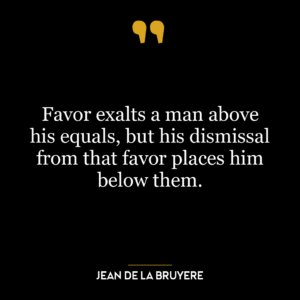The quote expresses a critical view of both communism and capitalism, two dominant economic systems in the world. The speaker dislikes communism because it is undemocratic, meaning it often does not allow for individual freedoms or the ability for citizens to participate in governmental decisions. This is typically because under communism, the state controls all aspects of life, including the economy, education, and media, leaving little room for individual choice or influence.
On the other hand, the speaker also disapproves of capitalism because it “favors exploitation”. This suggests that within a capitalist system, those who have wealth and power often exploit those who do not. Capitalism, by its very nature, encourages competition and the accumulation of wealth, which can lead to unequal distribution of resources and the exploitation of labor.
Applying this idea to today’s world, we can see that many societies grapple with the challenges of both systems. For instance, in countries with communist leanings, citizens often protest for more democratic rights. Meanwhile, in capitalist societies, there are growing movements to address income inequality and corporate exploitation.
In terms of personal development, this quote could be interpreted as a call to find balance and fairness in our own lives. It may suggest that we should strive to respect the rights and freedoms of others, while also being mindful not to exploit others for our own gain. This could apply to various aspects of life, including our work, our relationships, and our role in society.





